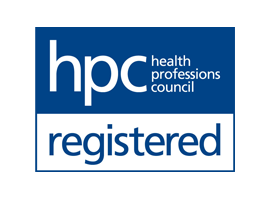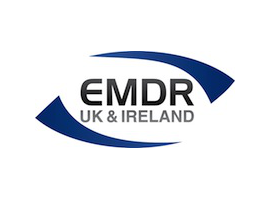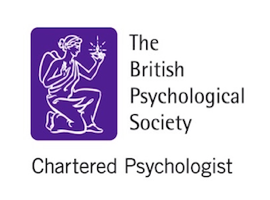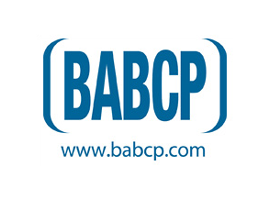Complacency, or wilful recklessness – we need to remember it’s our necks on the line…
The recent prosecution of Dr Zafar, GP, serves as a startling reminder to us all, as to the serious nature of our medico-legal work, and what responsibilities are really engaged once we sign one or our reports.
With a medico-legal practice of around 5,000 reports a year, generating a turnover of £350,000, one can easily see how for an estimated £70 per report, Dr Zafar may have become “report blind” or “assessment fatigued” and, without giving any consideration to the consequences, significantly altered some of the more salient parts of one of his reports, at the request of the instructing solicitor.
What is so strange about that? We have all, at some point I am sure, written a report and then been asked by the instructing solicitor to amend something of a factual nature that is incorrectly quoted in our report. However, there are key rules that we should apply to ourselves before making any such alteration:
- Is the request justified, i.e. have I made an error, maybe even cross referenced two patients’ data?
- Am I being asked to alter something that the patient clearly told me? If so, why?
- Does the request alter my findings, professional opinion, diagnosis, causation or prognosis?
- Does the change, innocuous or not, place the patient at a greater advantage than they would be without the change?
We need to seriously consider these points, and if we do decide that the request for a change is justifiable, then document on our records and those going back to the instructing party, what we have changed and why we have changed it.
It is so easy to get caught up in a busy life and do things unwittingly or trustingly, maybe even believing that the other party is a professional and reliable but, at the end of the day, the signature on the report is ours, and our alone, and as this case has proven, so are the consequences for getting it wrong.
As an Expert Witness, we have a duty to the Court, and the Court alone. We must not be swayed by preferential instruction rates, repeat business or profit. It would be far far better to never receive an instruction from Party A ever again, than to fail in our duty to the Court.
It must never be forgotten that our expert witness reports are provided to the Courts in our stead, they are there for us, but we could just as easily be called to Court to stand up and be held accountable for our report hence why, in this case, Dr Zafar was able to be prosecuted for contempt; he was just lucky that due to the lack of available guidance at the time, his sentence was not commuted to one of greater severity.
It is clear from the Court’s findings in this case, that a reckless false statement from an Expert Witness cannot be overlooked as an error or merely forgiven, as the expert is supposed to know better!
In this case, Dr Zafar presented his report as his own findings, which clearly it was not, it was the words of another so, while he was lucky to escape a custodial sentence, he should also consider himself lucky that he was not prosecuted for fraud, i.e. fraud by misrepresentation, as he submitted his report as if it represented his findings, when clearly it did not.
The bottom line is simple really, we must remember that our reports are for the Courts, and when signing and submitting them we should ask ourselves, “does this report truly reflect my views and professional opinion” and “would I be happy to defend my report in Court if necessary”.
At the end of the day, integrity is about doing the right thing even when no one is looking – because we never know when someone might be!!





